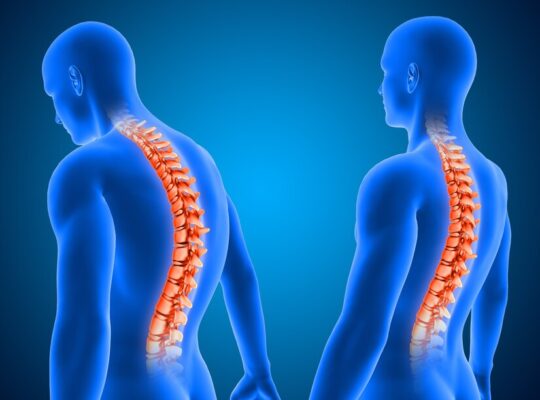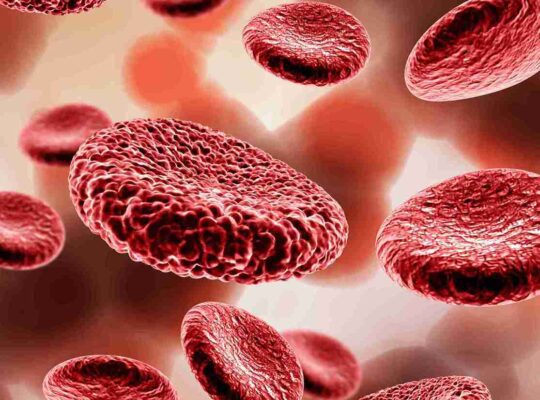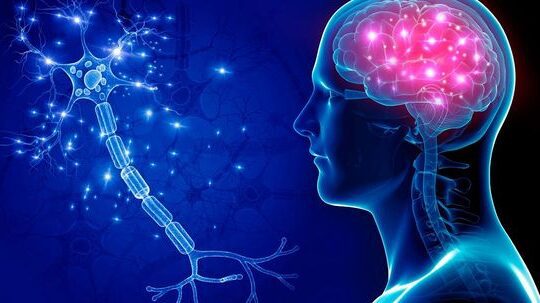The Nutritional Powerhouse: What’s Inside a Peach?
Peaches offer fewer calories but contain vitamins, minerals, and antioxidants. A medium-sized peach contains only 58 calories, 1 g of protein, and 2 g of fiber. Vitamins A, C, E, and K are prominent in peaches, along with minerals like potassium, magnesium, and calcium. Peaches are also rich in beta-carotene, polyphenols, and flavonoids, which act as antioxidants to protect your body from damage.
Vitamins in Peaches:
- Vitamin A: Supports vision, the immune system, and cell growth.
- Vitamin C: Boosts the immune system, stimulates collagen synthesis, and aids skin healing.
- Vitamin E: Acts as an antioxidant, protecting skin from damage.
- Vitamin K: Plays a role in blood clotting and bone metabolism.
For more on how vitamins improve digestion, you can read our blog on Vitamins for Digestion.
Minerals in Peaches:
- Potassium: Crucial for maintaining healthy blood pressure and kidney function.
- Magnesium: Necessary for muscle function, helps combat stress, and supports heart health.
- Calcium: Essential for bone mass and keeping teeth and bones healthy.
Boosting Immune Function: Peaches as a Natural Defense
There are so many Benefits of Peaches. Peaches contain natural enzymes on their skin that protect them from environmental changes. Vitamin C in peaches strengthens your immune system by helping your body produce white blood cells that fight infections. It also combats free radicals, which cause inflammation. For more on immune health, read our blog on Typhoid Immunization.
Promoting Digestive Health
Peaches are rich in dietary fiber, which is essential for digestion. Fiber helps regulate bowel movements, prevents constipation, and promotes the growth of healthy gut bacteria. It can also reduce symptoms of IBS and other digestive disorders. If you’re interested in learning more, check out our blog on Vitamins for Digestion.
Protecting Your Heart
Peaches contribute to cardiovascular health. The potassium in peaches helps regulate fluid balance, controls heart rate, and lowers blood pressure, reducing stroke risk. Additionally, fiber and antioxidants in peaches help lower cholesterol and keep arteries clear. To learn more about managing high blood pressure, read our blog Control High B.P.
Aid in Weight Loss: A Delicious Low-Calorie Snack
Weight loss is one of the brilliant Benefits of Peaches. Peaches are low in calories and high in water (about 90%). They are a perfect low-calorie snack that helps you stay full longer, thanks to their fiber content. Pairing peaches with regular physical activity like jogging or running can aid in weight loss. Our blog on Time Management can help you balance your schedule for better health habits.
Enhancing Skin Health
Peaches are beauty enhancers, rich in Vitamin C and antioxidants that promote collagen production, improve skin tone, and reduce wrinkles. The antioxidants shield your skin from UV rays and free radicals. To learn about hydration, which is also crucial for skin health, visit our blog on Bladder Calculi.
Supporting Eye Health
Peaches are high in Vitamin A and beta-carotene, which improve eyesight and protect against night blindness. Beta-carotene converts to Vitamin A in the body, protecting your eyes from free radicals. To explore more about managing chronic diseases that affect vision, see our blog on Chronic Kidney Disease.
Promoting Kidney Health
Peaches help detoxify the body through the kidneys, thanks to their high water content. They are also rich in potassium, which balances fluids and prevents kidney stones. Learn more about kidney health in our blog Kidney Biopsy.
Fighting Inflammation
Peaches are full of anti-inflammatory agents like Vitamin C and polyphenols, which help reduce chronic inflammation linked to conditions like arthritis, heart disease, and diabetes. You can read more about foods that lower inflammation in our blog on Cholesterol Lowering Diet.
Hydration and Electrolyte Balance
Peaches contain about 85% water, making them excellent for maintaining hydration. This helps in digestion, kidney function, and weight loss. For more insights on hydration and kidneys, see our blog on Peritoneal Dialysis.
Preventing Cancer
The antioxidants in peaches, such as Vitamin C, carotenoids, and flavonoids, help reduce the risk of cancers like lung, breast, and colon cancer. These antioxidants prevent DNA mutations and combat free radicals. To learn more, visit our blog on Kaposi Sarcoma.
Ten Crucial FAQs on Peach Nutritional Benefits
- Is peach good for digestion?
Yes, the fiber in peaches supports healthy digestion.
Related: Vitamins for Digestion. - Can peaches aid in weight loss?
Yes, they are low in calories and high in fiber, which helps you feel full.
Related: Time Management. - Do peaches benefit skin health?
Absolutely. Peaches are rich in antioxidants and Vitamin C, which help reduce wrinkles.
Related: Bladder Calculi. - How do peaches improve heart health?
Potassium in peaches helps maintain healthy blood pressure and heart function.
Related: Control High B.P.. - Do peaches reduce inflammation?
Yes, peaches have anti-inflammatory properties that alleviate symptoms of chronic inflammation.
Related: Cholesterol Lowering Diet. - Are peaches good for kidney health?
Yes, they help with hydration and contain potassium, which supports kidney function.
Related: Kidney Biopsy. - Do peaches benefit eye health?
Yes, Vitamin A and beta-carotene in peaches improve eyesight and protect against eye problems.
Related: Chronic Kidney Disease. - Can peaches help prevent cancer?
Yes, antioxidants in peaches reduce the risk of cancers like lung, breast, and colon cancer.
Related: Kaposi Sarcoma. - How do peaches support hydration?
Peaches contain about 85% water, which helps keep your body hydrated.
Related: Peritoneal Dialysis. - Do peaches boost the immune system?
Yes, Vitamin C in peaches strengthens the immune system and helps fight infections.
Related: Typhoid Immunization.












